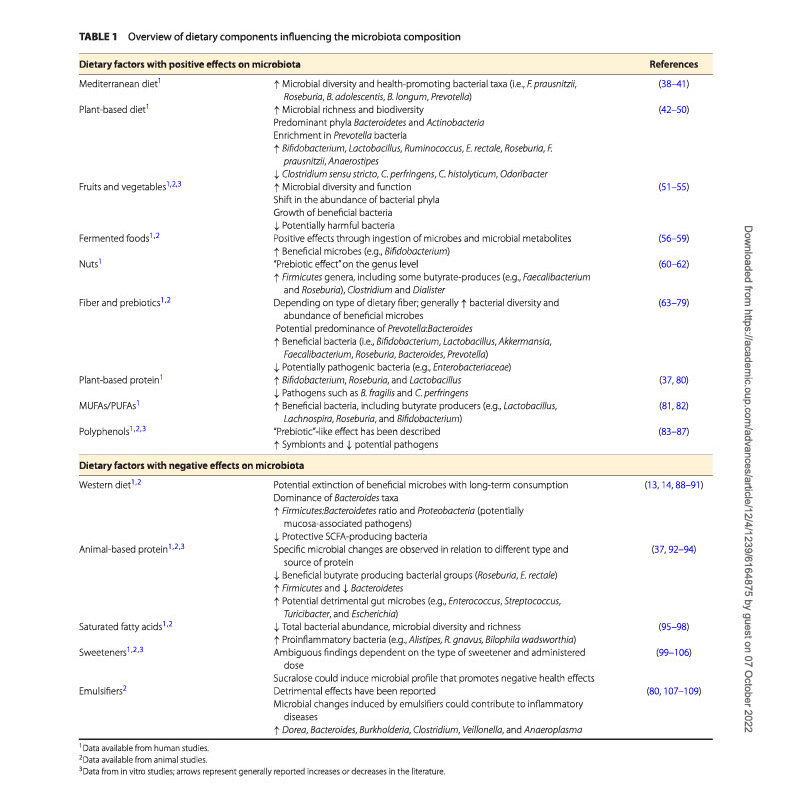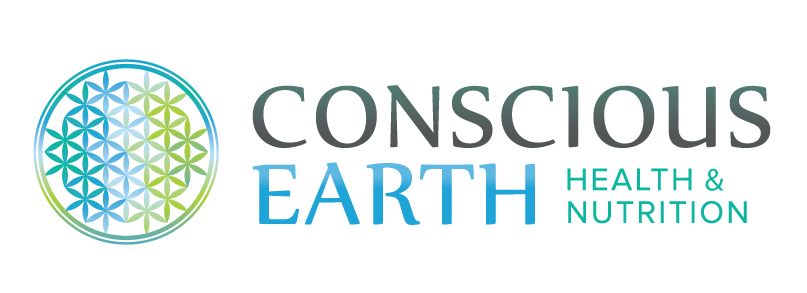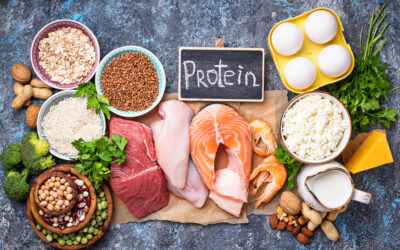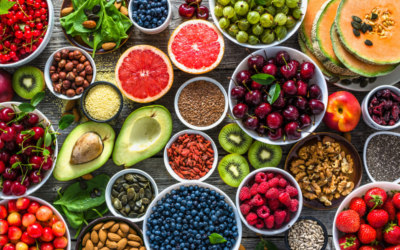The gut microbiota plays a crucial role in our immune system and health, physically and mentally. An imbalance of microbiota has been found to be linked to a number of diseases, such as obesity, type 2 diabetes, hepatic steatosis, intestinal bowel diseases (IBDs), and several types of cancer.1 Our gut serves two primary functions: nutrition and defense. The gut digests food, absorbs nutrients, and assists with waste excretion. At the same time, the intestine hosts an enormous population of microbes that help digestion and guard against harmful microbes.
The microbial population is influenced by the interactions between diet, the microbiota, and health status. Growing evidence shows showing gut microbiota plays a significant role in regulating brain processes and behavior.2 Several mechanisms for gut-to-brain communication have been identified from both animal and human studies linking the direct administration of beneficial microbes, and probiotics, to behavioral and cognitive changes. There are now extensive observational data across many different countries and cultures linking healthy dietary patterns to a reduced risk of common mental illnesses, particularly depression. 2 While on the other hand, it is evident that poor dietary habits (such as the Western-style diet), intake of low-quality, processed, fried, or high-fat/sugar foods and malnutrition are related to poorer mental health, impaired cognitive function, and increased risk of developing anxiety, depression, or other mental illnesses.
It has become clear that diet is one of the critical factors involved in shaping gut microbiota, and emerging trial data show that improving dietary habits can improve depressive symptoms.3 In the end, I believe a wholesome dietary approach represents a more realistic path to developing healthy dietary interventions and a long-term lifestyle.
The dietary factors influencing the gut microbial community are summarized in Table 1 below.







0 Comments